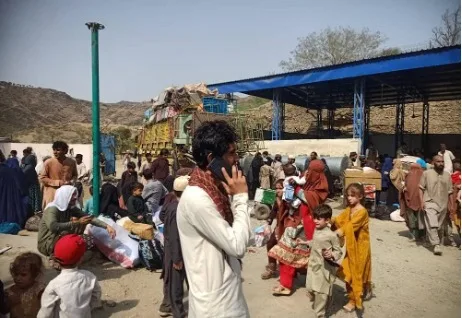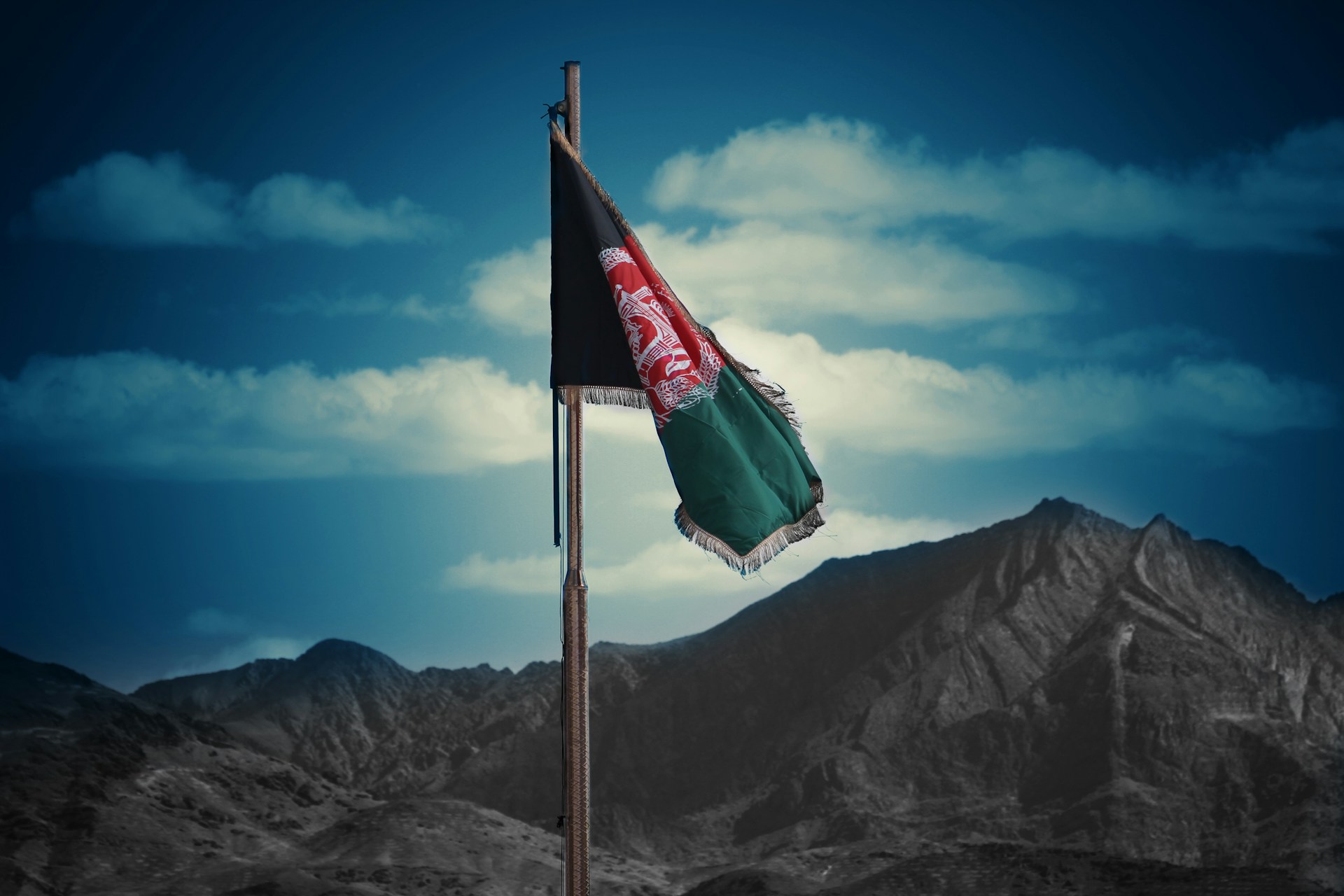Most children of Afghan refugee families recently returned from Pakistan had been deprived of education and direly needed shelter and food, a survey conducted by Save the Children said on Thursday.
More than 520,000 Afghans have returned from Pakistan since September 2023 after the neighboring country declared all undocumented foreigners must leave the country voluntarily or face deportation. Nearly half of all the returnees are children.
Nearly a quarter of a million Afghan children need proper homes, food, and access to education after returning from Pakistan in the past seven months with virtually nothing, said Save the Children.
A survey by Save the Children of families who have returned to Afghanistan – and the communities who are hosting them – found that nearly all (99%) do not have enough food for the next one to two months.
About three-quarters of returnees and families in host communities reduced portion sizes or restricted the food consumption of adults so small children could eat on at least two days in the previous week.
About 40% of returnees and host families surveyed had to borrow food or rely on friends and relatives for at least three days a week – with 13% of returnees and 9% of host families saying they had to get food from others every day.
Almost 8 million children in Afghanistan – or one in three – are facing crisis levels of hunger [2].
Nearly one in six families live in tents, according to the survey, with most returnees having little or no means to support themselves. Only a third had managed to bring assets back with them from Pakistan. Nearly half (47%) said there were no jobs available in Afghanistan, with 81% saying that they do not have any skills that could lead to employment.
Almost two thirds (65%) of children who have returned to Afghanistan have not been enrolled in school. The majority (85%) told Save the Children that they don’t have the necessary documents to register and enroll in school. In Pakistan, more than two thirds of these children had been attending school.
Raihana, 15, is lived with her grandfather after returning with her mother and 3 siblings. The family sold everything before they left Pakistan.
She said: “When I was returning to Afghanistan, I bid farewell to my friends there. They were very sad about it, and I am sad too. I will not be able to meet them again until we can go with proper documents to Pakistan, which is not easy for us.
“We are in desperate need of aid. We need shelter, living essentials, winter clothing, shoes, blankets, food and medicine. Afghanistan is very cold for us, and it is challenging because we do not have winter clothing. My sister and brother became ill, so we brought them here to see the doctors.”
Save the Children operated five mobile health and nutrition clinics in areas close to Torkham and Spin Boldak and also have health teams operating in Nangarhar to support returnees and their host communities. It is also providing child protection, psychosocial support and water, sanitation and hygiene services in camps and reception centres as well as providing cash assistance to 2,500 families who have returned from Pakistan.
Arshad Malik, Country Director for Save the Children in Afghanistan, said: “Families are returning to Afghanistan with virtually nothing. Most are relying on relatives or friends to support them – and these communities already have little to support themselves.”
He added: “The return of so many people is creating an additional strain on already overstretched resources. Children need support and stability. Many undocumented Afghan children were born in Pakistan – Afghanistan is not the place they call home.”
Pr/nh
Views: 11












